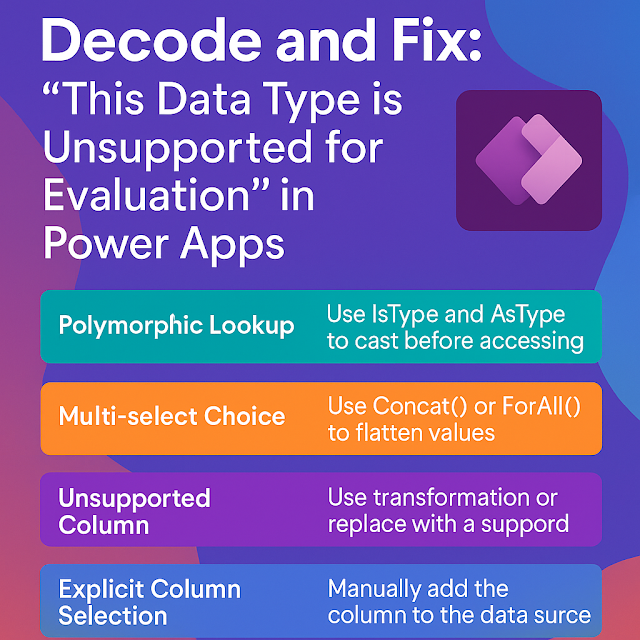PL 400 : develop a plug-in that targets a custom action message (Create a plug-in)
In the Microsoft Dataverse, there are many processes that run in the background. Normally, such processes work for business automation. In Dynamics CRM 2013, Microsoft introduced a new feature called Actions. It is a type of process that composes the multiple custom business logics in the single message. Action is the type of message that can be defined for the table or globally and is used to extend the standard functionality of the Microsoft Dataverse platform. With Actions, business users can implement business logic, and then developers can associate those actions with platform events.
An Action is process which wrapper for multiple server-side operations.
Custom Process Actions provide a no-code way to define a custom message using the Workflow designer.
public class CustomActionTestClass : IPlugin
{
public void Execute(IServiceProvider serviceProvider)
{
IPluginExecutionContext context =
(IPluginExecutionContext)serviceProvider.GetService(typeof(IPluginExecutionContext));
IOrganizationServiceFactory factory =
(IOrganizationServiceFactory)serviceProvider.GetService(typeof(IOrganizationServiceFactory));
IOrganizationService service =
factory.CreateOrganizationService(context.UserId);
var IsBoolValue = (string)context.InputParameters["IsInputBool"];
}
}














Comments
Post a Comment